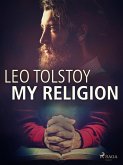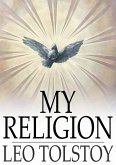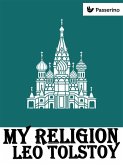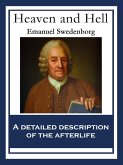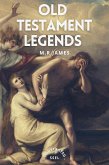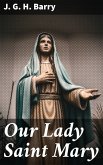Part literary criticism, part jeremiad, and part metaphysical inquiry, Heretics is G. K. Chesterton's groundbreaking attempt to cull the values, belief systems, and moral peccadilloes of his day. The twenty articles and essays included in this seminal work shed a brilliant light on the most profound mysteries of human nature.
Dieser Download kann aus rechtlichen Gründen nur mit Rechnungsadresse in A, D ausgeliefert werden.



